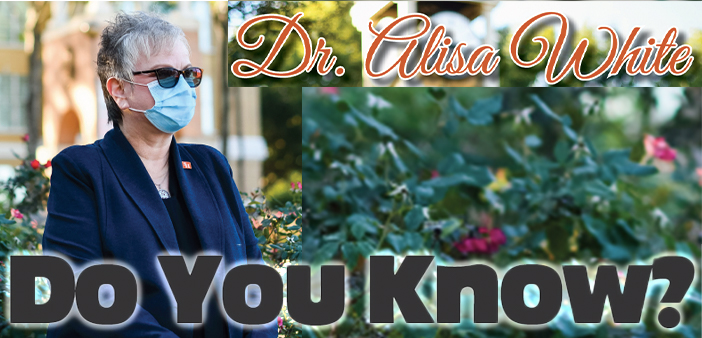Most horse owners are nervous about their pregnant mare and have many questions about how to care for them. There is actually little to be concerned about if some small steps are followed. Proper nutrition, deworming, vaccinations, and exercise can help ensure a normal, healthy pregnancy.
First things first. Ultrasound examination at 14-16 days post-ovulation can confirm the mare is pregnant, but also detect the presence of multiple embryos (twins). Ultrasound examination again at 25-35days can confirm a heartbeat is detected. Sexing can be performed by experienced ultrasound personnel at around 60-70 days.
In 90% of mares with twin embryos, one or both will be resorbed or aborted during the first 60 days; however, waiting to see if this occurs naturally could delay or interfere with a subsequent successful pregnancy. Of the small percentage of twins that survive the past 60 days, it is unlikely that two healthy foals will be born; most will spontaneously abort at 6-8 months. If they do happen to survive, they are usually born premature, have serious medical problems, and are unlikely to survive. Early detection of twins provides an opportunity to eliminate one embryo, thus allowing the other to develop normally.
Always use good judgment. Transport your mare only if necessary. Use caution when exposing her to other horses. Provide good nutrition, but do not overfeed. Supplements are NOT necessary if being fed a balanced diet. Make sure mare is current on vaccines, deworming, dental care, and hoof care. Consult your veterinarian for recommendations. Do not administer any hormones unless prescribed by your veterinarian. During the first 7 months of gestation, treat your mare as a non-pregnant one. Light riding is acceptable and actually a benefit. There is no reason to increase caloric intake until the last 3 to 4 months of pregnancy. She should always have access to plenty of clean, freshwater.
Vaccinations and deworming are an important part of maintaining a healthy pregnancy. Mares should be vaccinated against equine rhinopneumonitis at five, seven, and nine months’ gestation. Also, vaccinations for Eastern and Western encephalomyelitis, WestNile virus, rhino, influenza, and tetanus should be given at the beginning of pregnancy, then repeated one month prior to foaling to increase antibody levels in the mare’s colostrum to help protect newborn foals from the disease. Mares should be dewormed several weeks before foaling because the mare will be the primary source for infecting her foal with parasites.
The average length of gestation in the mare is340 days; however, normal gestation can range from 320-380 days. Do not get overly concerned if your mare is past due. Prolonged gestation is not generally associated with problems or extra-large foals unless the mare is grazing fescue grass.
If you notice any vaginal discharge or dripping of milk during pregnancy, contact your veterinarian immediately. Obvious signs of the impending birth are waxing of the teats; filling of the udder; obvious dripping of milk. More subtle signs are relaxation of the vulva; visible changes in the position of the foal; softening and flattening of the muscles in the croup.
The time is now–no more waiting; your baby is almost here. If you have any questions, contact your veterinarian. They will be happy to answer any questions or concerns you may have about your foaling mare and also how to care for the newborn foal.



